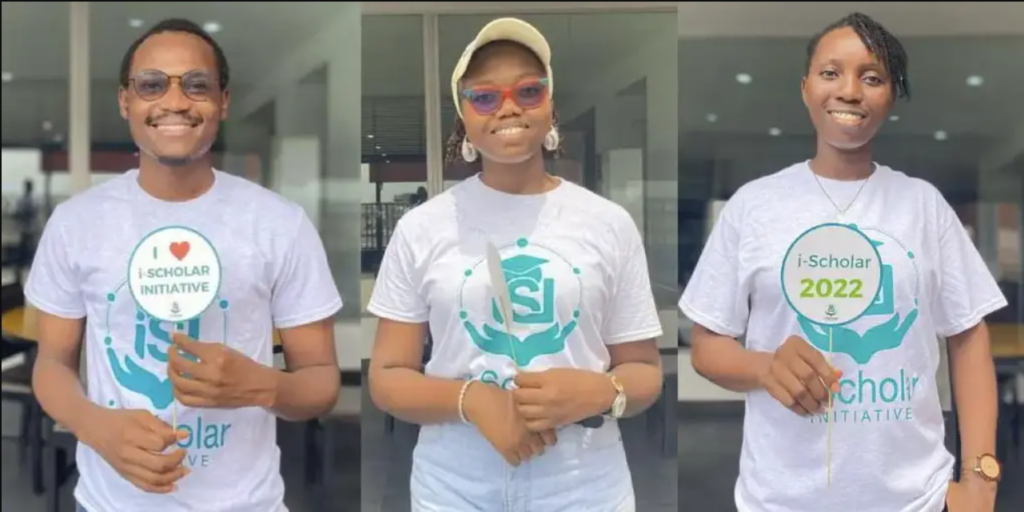
Professor of History, Toyin Falola gave the advice on Wednesday while delivering a public lecture titled ‘Technology, Technical Education, Culture and Society’ at Federal College of Education (Technical), Akoka, Lagos.
Falola, who is the Jacob and Frances Sanger Mossiker Chair in the Humanities, the University of Texas, Austin, USA, said no nation or people will make significant societal progress without consciously planning for it, and providing the enabling environment, policies, incentives, strategies and pathways for development.
“Individuals may prosper in the current inimical state of affairs, but as a nation and as a continent, a developmental mindset is needed to move us to the promised land,” he said.
According to him, there is a need to examine technical education in the ancient Nigerian culture and society, saying methods in which technical procedures and technological knowledge are passed across to students or those receiving the education should be reviewed.
“There is a need for the adoption of culture and cultural approaches in technical education. This will allow easy and quick assimilation. For instance, if technical courses or processes are developed and taught in a way that African languages have ready representations, explanations, and words for them, the level of understanding would be increased. The adoption of culture in new technologies is important in order not to leave people behind.
“Technical education must also target the older generation of people that are very convinced about their cultural approaches. This is because technological products are not useful only to the youth or the new generation but to all.”
Falola also spoke about the way Africans embrace technology and pointed out that they must localise emerging specialized knowledge without breaking away from cultural values.
“The tendency of a technology in the Western world and the unconscious efforts of adopting it in Africa could be something Africans should be worried about. Enthronement of technology over culture and popular way of life might be too radical and may break the sociological threads of African society.
“Technology can consume valuable cultural values that are supposed to still be beneficial to society. Social decadence and increase in social vices could be the results of the adoption of new developments and technology without sieving out the parts that are not favourable when considering the cultural history of the people.
“The enthronement of technological advancement over African culture might be considered a subtle means of neo-colonialism. Where access to these developments is either not directly available in Africa or requires certain commitments, it creates a level of control,” he said.
The celebrated professor of history, noted that there is a need to emphasise local entrepreneurship.
“I want to suggest, however, an emphasis by higher education leadership on three months practical technical education/apprenticeship for students with roadside artisans (welders, mechanics and saw millers, among others). The aim is to get students to learn the basics in the skills and knowledge of the practical side of the business.”
While speaking on how to maximize the potential of the youth to be transformational agents, Falola appealed to them to use their knowledge to transform the country.
He said to them to behave differently from his own generation by not neglecting the place of culture in technological development.












